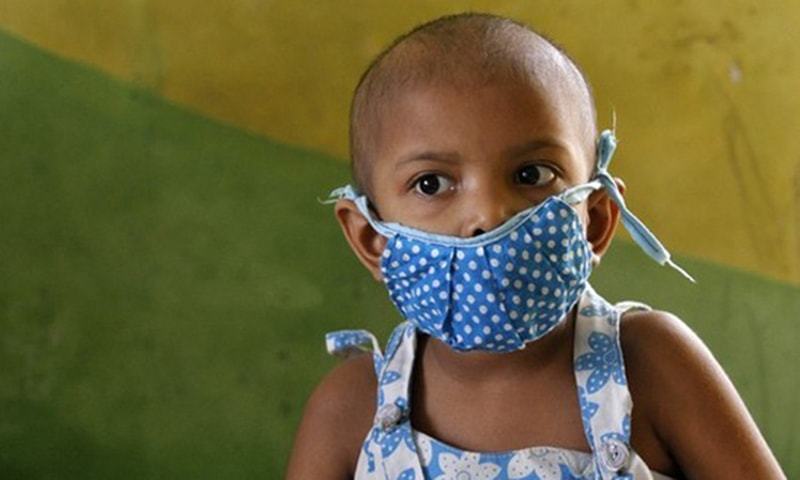Childhood cancer in Pakistan represents one of the most pressing but often overlooked public health challenges of our time. For thousands of children and their families the diagnosis brings not only an emotional shock but also a struggle for survival in a system that is still developing its capacity for early detection and comprehensive treatment. Many of the most common childhood cancers such as leukemia, lymphomas and solid tumors are treatable and even curable if discovered in the initial stages. Yet a large proportion of cases in Pakistan are diagnosed too late due to lack of awareness, limited access to specialized care and the financial pressures that delay consultations with oncologists. Families from rural and low-income communities often travel hundreds of kilometers to reach urban centers like Karachi, Lahore and Islamabad, and by the time they arrive the disease may have advanced to a critical stage.
This grim reality contrasts sharply with global evidence showing that more than seventy percent of childhood cancers are curable with timely diagnosis and modern treatment protocols. Early detection campaigns, education for primary care providers and awareness among parents about the warning signs of cancer can drastically improve outcomes. Persistent fever, unexplained weight loss, night sweats, unusual lumps or swelling and prolonged fatigue should be treated as red flags rather than routine infections. The World Health Organization’s Global Initiative for Childhood Cancer seeks to raise survival rates to at least sixty percent by 2030. For Pakistan this target is both urgent and achievable but only if efforts to strengthen pediatric oncology are accelerated.
Building this stronger system requires investment in hospital infrastructure, training programs for doctors and nurses, affordable diagnostic facilities and robust referral networks so that children in small towns and villages are not lost in bureaucratic delays. It also means creating financial support mechanisms for families who cannot afford expensive treatments, ensuring that medicines and equipment are available and standardized across provinces and integrating psychosocial support into every stage of care. Emotional counseling for children and their caregivers is vital to help them cope with the trauma of illness and long hospital stays. At the same time, community engagement and partnerships between government agencies, private organizations and civil society can help amplify awareness and mobilize resources where they are most needed.
If Pakistan embraces a coordinated and well-funded approach to childhood cancer, it can turn stories of despair into stories of recovery and resilience. Each child diagnosed with cancer represents a potential life saved when intervention occurs promptly. With education, early screening, stronger facilities and compassion-driven policies, the country can build a future where childhood cancer is no longer a silent emergency but a manageable and treatable condition. The urgency of action combined with the hope of better outcomes forms a powerful call to protect the youngest and most vulnerable citizens and ensure that their fight for life is met with every available tool of modern medicine.



Comments (0)
No comments yet. Be the first to comment!
Leave a Comment